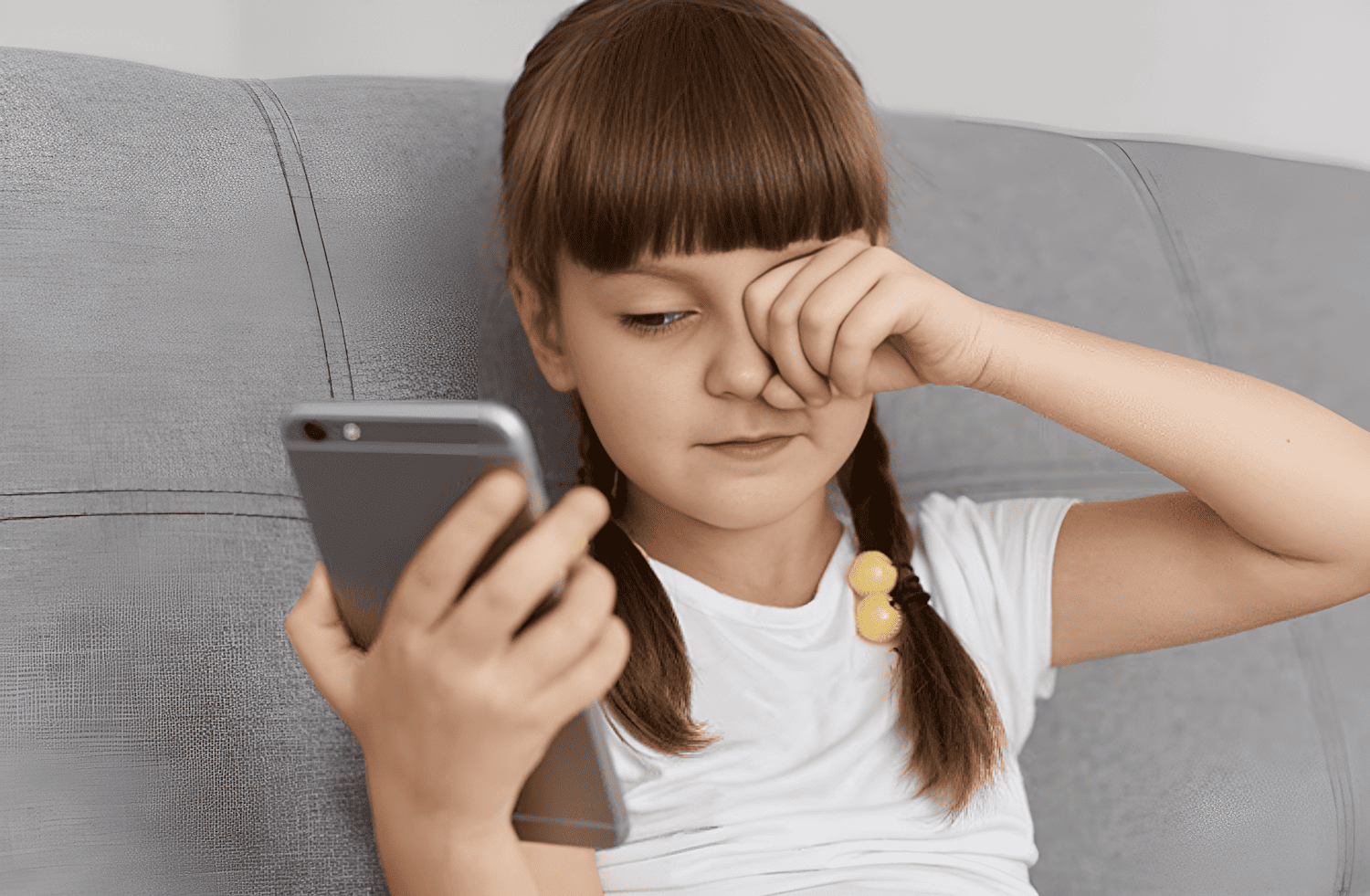Health
True health is achieved by balancing the mind, body, and spirit.
In a fast-paced digital world, screens have become an inseparable part of our daily routines. While technology offers incredible convenience, excessive screen time can drain your mental energy, disrupt relationships, and contribute to stress. A digital detox is a powerful way to reset your habits, improve your well-being, and reclaim your time.
A digital detox refers to a conscious decision to reduce or completely unplug from electronic devices such as smartphones, tablets, computers, and even televisions for a specific period. The goal is to break the cycle of constant digital engagement, allowing you to reconnect with yourself, your surroundings, and the people around you.
Taking a digital detox is important because excessive screen time can lead to mental fatigue, reduced productivity, disrupted sleep patterns, and even emotional detachment. By stepping away from your devices, you create space to build healthier routines and regain focus.
Technology addiction can be subtle yet damaging. Signs that you may need a digital detox include:
Stepping away from screens can have a profound impact on your mental, emotional, and physical well-being. Benefits of a digital detox include:
Preparing for a successful digital detox requires thoughtful planning to avoid frustration and ensure positive results. Follow these steps to get started:
1. Set Clear Goals: Define why you're doing the detox. Are you aiming for better focus, improved sleep, or stronger relationships?
2. Inform Your Circle: Let family, friends, and colleagues know about your detox plan. This prevents misunderstandings and ensures people can reach you if necessary.
3. Create a Schedule: Plan activities such as outdoor outings, exercise, or hobbies to fill the time you would normally spend on your devices.
4. Remove Temptations: Silence notifications, log out of social media accounts, or place devices in another room to minimize distractions.
5. Start Small: Begin with a few hours or a single screen-free evening before progressing to longer detox periods.
Once you’re prepared, it's time to put your plan into action. Here's a simple detox structure:
Remember, your digital detox doesn't have to be all-or-nothing. Finding a healthy balance that fits your lifestyle is key.
Maintaining healthier digital habits after your detox is crucial for long-term benefits. Here are strategies to help:
Many individuals have experienced remarkable changes after embracing a digital detox. By intentionally limiting screen time and prioritizing real-world connections, they've discovered improved focus, stronger relationships, and better overall well-being. Here are five inspiring success stories:

1. Enhanced Workplace Productivity: "As a marketing consultant, I was constantly toggling between emails, social media updates, and project deadlines. After committing to a digital detox during work hours, I noticed a sharp increase in productivity. My ability to concentrate on tasks improved dramatically, and I cut my daily screen time by 40%. Now, I finish projects faster and have more energy at the end of the day." — Jenna R., San Francisco, CA.
2. Rebuilding Family Bonds: "Our evenings used to be spent with everyone glued to their phones or tablets. We decided to implement a 'tech-free dinner' rule and designate two nights a week for family game nights. The result? My kids opened up more, and we started having deeper, more meaningful conversations. It brought us closer together in ways I didn’t expect." — Marcus T., Austin, TX
3. Academic Performance Boost: "During my freshman year in college, I struggled to focus while studying. After adopting a structured digital detox plan—turning my phone off for 90-minute study blocks—my retention improved dramatically. I went from a B-average student to graduating with honors." — Emily S., Boston, MA
4. Improved Mental Clarity and Calm: "I didn’t realize how much my phone was fueling my anxiety. Constant notifications made it hard to stay present. After dedicating my mornings to screen-free mindfulness routines like meditation and journaling, I felt more grounded and less overwhelmed." — Carmen L., Denver, CO
5. Healthier Sleep Patterns: "I was in a cycle of late-night scrolling that left me exhausted the next morning. After implementing a strict 'no screens after 9 PM' rule, my sleep quality improved dramatically. I now wake up refreshed and ready to tackle the day." — Alex W., Seattle, WA
These real-life examples highlight how a mindful digital detox can unlock greater productivity, stronger relationships, and improved well-being. By intentionally disconnecting, individuals often rediscover deeper connections—with others, their work, and themselves.
To support your journey toward healthier screen habits, consider these helpful tools and resources:
By embracing a digital detox, you can reclaim your time, boost your mental well-being, and create deeper connections with the world around you.